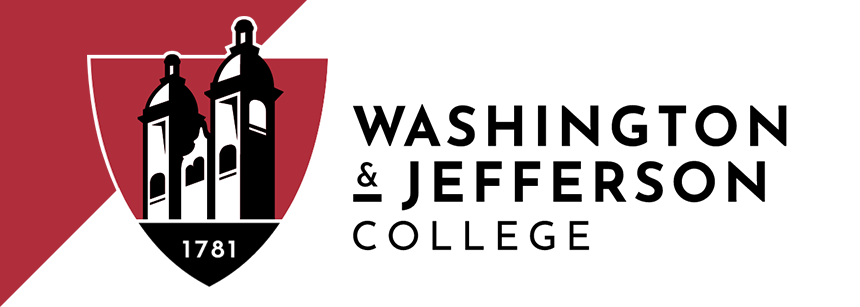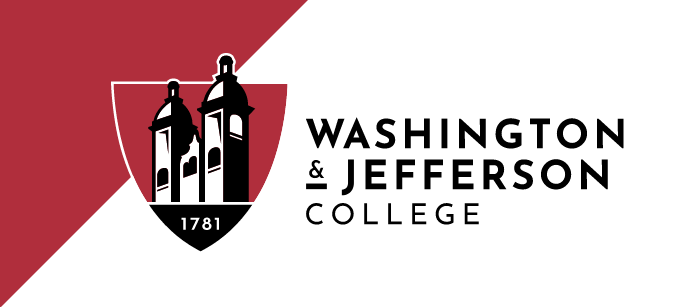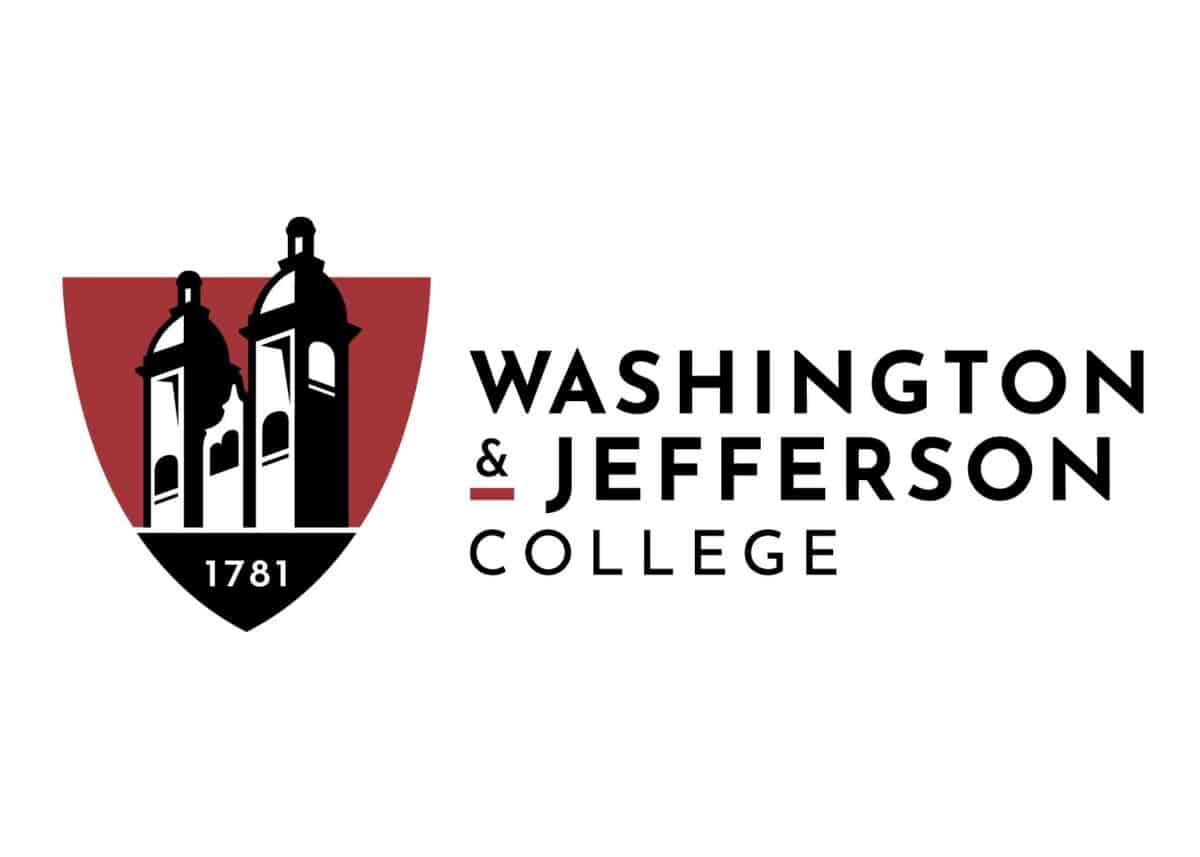Zac Talmadge ’10 completed his second Boston Marathon in 2015, where he ran to raise funds for the Leukemia and Lymphoma Society (LLS). It was the first marathon he completed after his father passed away in 2014.
Zac Talmadge ’10 is no stranger to community service. At W&J, he served as vice president of the Alpha Tau Omega Fraternity and was selected as a Matthew Brown Fellow by First Presbyterian Church, 1793. Talmadge worked with Habitat for Humanity through the church’s service-learning program. Since 2012, he’s spent time training for and running in six marathons in support of the Leukemia and Lymphoma Society (LLS), with his drive to fight for the cause strengthening when his father was diagnosed with non-Hodgkin’s lymphoma in early 2014. Talmadge’s work earned him the LLS’s Man of the Year award in 2016, given to someone who raises $50,000 for the cause. The honor gave him naming rights to a research grant, which he dedicated to his late father, who passed away on May 15, 2014. Talmadge continues to dedicate his time to raising money for LLS research. His story is one of hardship and triumph, and we got the chance to hear it first-hand.
Q: You started running marathons before your father was diagnosed, and had already chosen LLS as the charity to support in those races. What was your original motivation for starting on this journey, and what drew you to LLS?
A: I moved to Boston in May of 2012 and a colleague of mine suggested that I run a marathon. I was intrigued, so I started looking around for charities to run for. I found LLS in September of 2012, and it struck a chord; one of my sister’s classmates from high school had leukemia at 14 and struggled with it, beating it once and seeing it come back again. She passed away in August of 2012 so I felt drawn to LLS because of her. I reached out to her family, who fully supported me running in memory of her. My first marathon, the 2013 Boston Marathon, was dedicated to her.
Q: Tell me about the 2013 Boston Marathon. How has that day affected you and your family?
A: That day started out perfectly. The weather was beautiful. It was a great day to run. I got to about Mile 24, where I saw people on the sides from LLS. I was very excited and everyone was so energetic. I couldn’t wait to finish. About a mile later, my dad ran out on to the course, stopped me and said, “The race is over.” I looked at him like he was nuts, and basically told him, “No way, I have a mile left.” That’s when he told me that there were bombs at the finish line. After that, there was chaos everywhere. I knew that someone was there from W&J, a woman I had been dating, and all I remember was that I was desperately trying to find her. Luckily, I found her quickly and she was okay. We went back to my place, and that’s when the emotions set in. There was just so much confusion and sadness as we were trying to wrap our heads around the situation, wondering how this could have possibly happened.
Q: Your first marathon experience was this incredibly infamous and harrowing event. What made you decide to continue running them?
A: Emotionally, it was really challenging to go back. You lose all sense of logic and reason in the wake of a tragedy like this one. I was wrapped up in that emotional state for a while. But, those are the times where you have to make logic and reason prevail. I remember telling myself that the likelihood of something like that happening again was very small and I didn’t want to let the event change me. I felt like if I didn’t keep running, then the terrorists would have impacted me more than they should have, and they would have won. I was fighting for a cause, and I had a responsibility to say that I wasn’t going to stop.
Q: That’s an incredible perspective. I’d like to switch gears now and talk about your father. What was he like?
A: He was great! He always wanted to make people happy and make them laugh. He worked at a retirement home, and he was always doing things to brighten the guests’ days. This one time during the holidays he dressed up as Santa Claus and had guests tell him what they wanted for Christmas. He didn’t have to do that; that’s just who he was.
He and my mom were very supportive of me and my fundraising, although they were a little nervous about the $4,000 I had to raise for my first marathon. (I had to pay the rest of what I didn’t make.) But, they both told me how proud they were that I was giving back to the community.
He was such an inspiration. At one point, my dad was getting treatments at UPMC Shadyside, and the course of the Pittsburgh Marathon I was running looped around the hospital. I was there with him the entire weekend. I had to get up early on that Sunday to run the race. I finished that race and went immediately back to the hospital to share the moment with my dad. It was incredibly emotional. I knew that I could keep pushing through these marathons because I could see the fight in him. I figured it was easy for me to run 26 miles when I see the struggle he faced every day.
Q: When did you decide to take on LLS Man of the Year, and how did you go about raising the $50,000 in your father’s honor?
A: I came back to the Pittsburgh area and attended graduate school at Carnegie Mellon University (CMU). I ran the Boston marathon one more time while living in Pittsburgh, and I realized that I was getting a little burned out from it. I decided that if I kept running, I wasn’t utilizing my time to the full extent I could be with fundraising.
I took a break from running and decided to do the Man of the Year campaign in 2016.
I called in every favor I had. I started with [my contacts from] W&J, and I was so happy to see how supportive they all still were. All of my friends and fraternity brothers donated and showed up to events. They would all bring more people they knew to help out and volunteer their time. I also reached out to my high school and CMU friends, and any family friend or neighbor I could find. It felt great to see I was making a difference. I couldn’t do anything more for my dad, but I could do it for the next dad, neighbor, son, or anyone who doesn’t want to lose the ones they care about.
Q: What does it mean to you to be named the 2016 LLS Man of the Year and to have your father’s name attached to a research grant?
A: Well, obviously winning anything is pretty cool, but it wasn’t about me. I wanted this more for the people that helped me because it was not an individual effort. The research grant was the best part. I got to pick a project that LLS was working on to attach my father’s name to, and I was able to find one that worked with the exact cancer he had. After all of this, I had a choice. I could have chosen to mourn for the rest of my life, or I could take action and do what I can to make sure this doesn’t happen to another family. This accomplishment is a testament to all of us, to show that we weren’t giving up on this fight.
I am a pretty driven and motivated person, and I have set for myself a mission of raising $1 million for LLS in my lifetime. Right now, we are at about $125,000. It’s awesome for me to have my goals set. We spend our lives looking for that one thing to care about, and I found mine at 26.
Q: What’s next for you?
A: I’ve officially registered to run the 2018 Chicago Marathon as a fundraiser for The Leukemia & Lymphoma Society’s Team in Training! Several of my former Boston Marathon teammates have signed up to run, so we’ll be training together in Boston. At the time of the race in October, it will be almost three and half years that I haven’t done a marathon, so I am very excited to toe that starting line again. Most importantly, I’ll once again be fundraising for the LLS on my quest to raise $1 million over the course of my lifetime! (Find Zac’s fundraising page at pages.teamintraining.org/ma/chicago18/ZTalmadge)
(This interview has been condensed and lightly edited for clarity.)
In the past year, Talmadge has taken personal trips through east Asia and India, graduated from CMU with a Masters of Business Administration, and moved back to Boston, working for Microsoft as a salesperson in the healthcare and life sciences industries. He’s also focused on mentoring his little brother, Zomba, through the Big Brothers, Big Sisters program in Boston and being an uncle to his niece, whom his sister welcomed in December. Talmadge remains connected with his W&J roots. He’s still in touch with former professors, fraternity brothers and friends, and has volunteered at Admission events. He also stays involved with the Boston alumni chapter.


